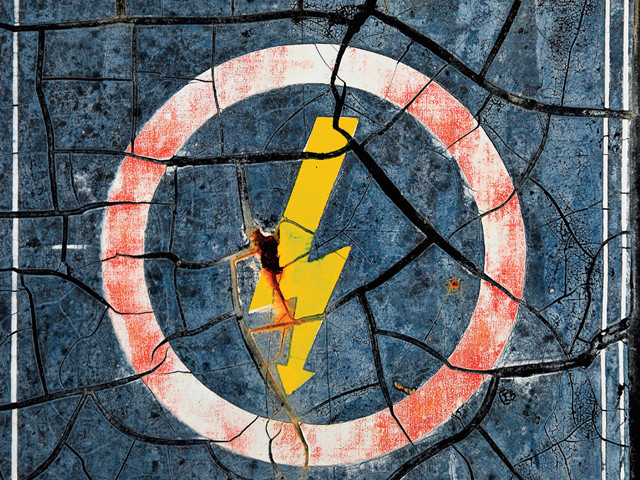Electricity tariff adjustments for July, August illegal
The monthly fuel charges adjustments for power distribution companies have been illegal for more than a month now.

Electricity tariff adjustments for July, August illegal
According to sources, the National Electric Power Regulatory Authority (Nepra) can increase or decrease electricity prices according to the monthly fuel charges adjustment mechanism only after the government issues the relevant notification. Nepra was given these powers in the finance bill of 2008 which allowed the authority to decide electricity prices according to the fuel charges adjustment mechanism. Later, on April 20, 2010, the government issued an ordinance to amend Nepra’s powers and gave it the authority to decide electricity tariffs and implement them by issuing notifications to distribution companies. Changes in electricity production costs were being transmitted to electricity consumers through these monthly tariffs. According to sources, the presidential ordinance expired over a month ago at the end of August. Thus, Nepra’s decisions to increase electricity tariffs in the month of July by 26 per unit and to decrease tariffs in August by 33 paisa per unit under the fuel charges adjustment mechanisms are invalid without relevant notifications from the ministry of water and power. However, electricity bills for July did take into account the suggested increase.
A senior official of the Islamabad Electric Supply Company (Iesco), speaking on the condition of anonymity, said that the increase was indeed passed on to consumers and said that the ministry of water and power should have issued the appropriate notification. He said that the adjustment can be implemented even if the ministry issues a notification now. He added that power distribution companies would have faced a substantial loss had they not increased electricity tariffs.
Nepra officials say that until the government does not issue a notification to ratify the tariff decrease for August, Nepra will not be able to pass on the decrease to consumers. Therefore, it is necessary that either an amended act be approved for allowing Nepra to decide and implement electricity tariff adjustments or the government becomes punctual in issuing notifications that execute Nepra’s decisions, the officials added.
The CEO of Iesco, Javed Parvez, admitted to the increase in tariffs in July without a government notification. In response to a question, he said that the increase was implemented at the behest of the Pakistan Electric Power Company (Pepco) but was now being rescinded by Pepco. The electric company is due to be dissolved by the end of the current month but consumers will be refunded the increase in their next electricity bills. He added that the Nepra Act needs to be amended to allow the authority to issue notifications of changes in electricity tariffs.
Ministry of Water and Power Spokesperson and Additional Secretary Ahsan Akhtar expressed ignorance of the issue at hand and said any ordinance is under the responsibility of the cabinet division. He added that all notifications have to be vetted before being issued by the ministry.
Published in The Express Tribune, October 12th, 2010.


















COMMENTS
Comments are moderated and generally will be posted if they are on-topic and not abusive.
For more information, please see our Comments FAQ